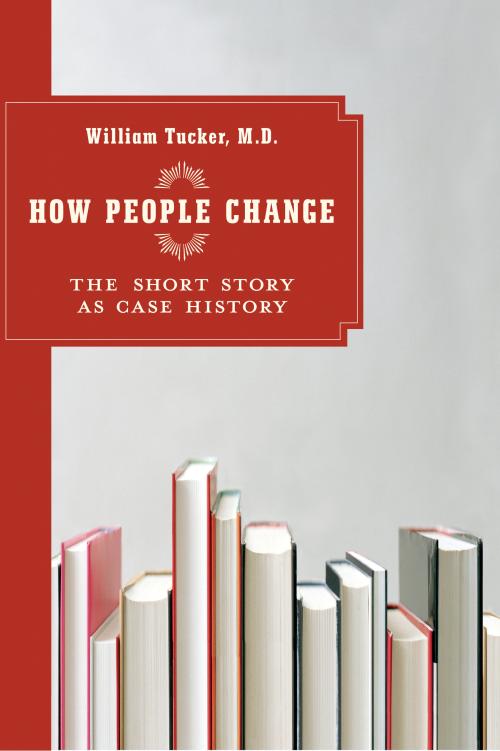The Yale Journal for Humanities
A psychiatrist in New York with an MA in comparative literature from Yale, Dr. William Tucker has given us a fascinating book in which he takes a number of well-known short stories as case material for analysis, relying on Erikson’s eight stages of life as a model of "normal development." That strait-jacket does not confine his exercise, nor his purpose to carry "narrative," now transplanted to the medical canon, back to where it started. He analyzes classic stories – or more properly their protagonists – as if they were patients.
In his foreward, the author writes, "I stumbled upon short stories as a form of poetry….patients began to seem to me like characters in a handful of these stories, which were applicable to one clinical situation after another. I started teaching these stories to residents and colleagues as if they were clinical cases. Later, I began to offer them to patients as ways of looking at their own experiences.
One may wonder whether psychoanalytic interpretation would turn out to be mainly an interpretation of the authors’ imagination/skill in creating their characters and what they direct their creatures "to think and do, but so be it. And, as Tucker recognizes, there is no "true" account: his own reading could vary from someone else’s, and both would be "correct." Regardless, the exercise seems a useful one. "I suppose that it is the difference between having a pain and knowing that I have a pain. Or as a psychiatrist responded when asked where his leg hurt, "In my head, of course!"
Why do authors shape their stories the way they do? Is it, as many narratives suggest, their own story sculptured or molded into a different form? Carl Jung advised clinicians to reshape the patient’s narrative or at least the patients’ interpretation of what had happened to them, an approach that has guided me in some patients. I am convinced that physicians shape their patients’ responses by their questions and their stance. Tucker’s book amplifies this approach; readers will find it rewarding to give the stories a close reading so that they can compare what they think with what Tucker illuminates.
To that end, Tucker has provided each story reprinted in full, so that his book will serve as material for workshop/discussion groups for physicians and medical students. I found that edifying, to compare the analysis/advice I would have given to the patients, oops the protagonists, with what Dr. Tucker concludes.
I recommend this book for just what the author suggests. Buy it, try it, and talk about the stories with your colleagues or students. That’s what counts

